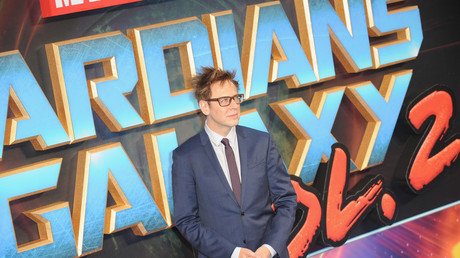Racism & homophobia in baseball: Should MLB players who tweeted abuse as teens be punished?
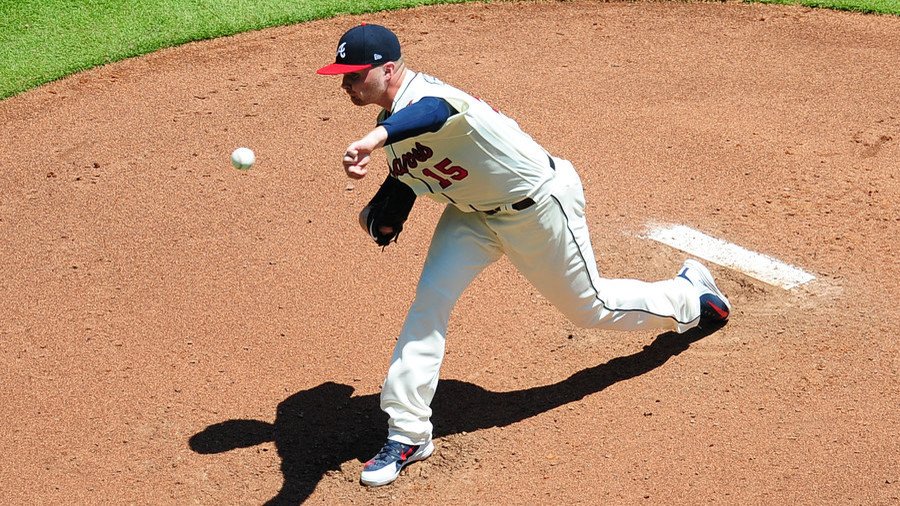
Baseball is often called “America’s Pastime” – a sport that unites the nation in its love of the game. But that also means it often serves as a conduit for bigger, broader discussions that reach beyond its boundaries.
That is currently the case with Major League Baseball as it finds itself in the midst of a spate of scandals involving players – all now aged in their 20s – who tweeted abusive messages as teenagers.
READ MORE: More MLB stars hit by scandal after racist, homophobic tweets resurface
It has sparked a debate over how stringently the players should be punished for actions carried out in their youth, as well as what the response to the scandal says about race issues in the US in general.
Last weekend saw two more MLB players called out for abusive social media posts they had made as teenagers.
Atlanta Braves pitcher Sean Newcomb and Washington Nationals shortstop Trea Turner, both 25, were forced to apologize on Sunday after racist and homophobic tweets they had sent in 2011 and 2012 resurfaced.
Newcomb had used the n-word in tweets as well as the desultory term “fag,” while similar racist and homophobic language appeared in posts from Turner.
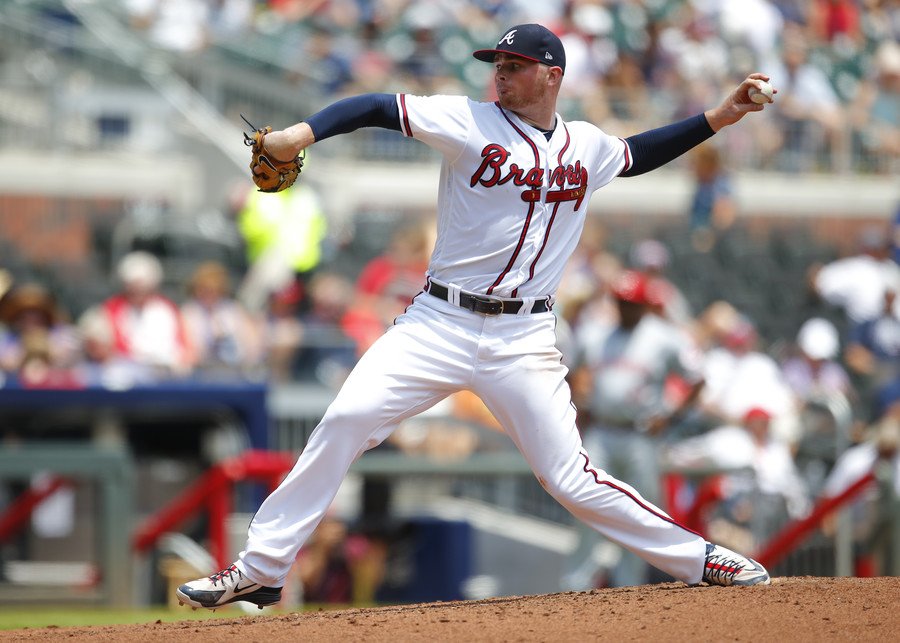
Newcomb later issued a contrite statement saying that the tweets had been posted “a long time ago, six or seven years ago, saying some stupid stuff with friends.
“I know I’ve grown a lot since then. I didn’t mean anything by it. It was just something stupid I did a long time ago and I didn’t mean anything by it, for sure,” he added.
Turner showed similar remorse, saying: “There are no excuses for my insensitive and offensive language on Twitter. I am sincerely sorry for those tweets and apologize wholeheartedly. I believe people who know me understand those regrettable actions do not reflect my values or who I am.”
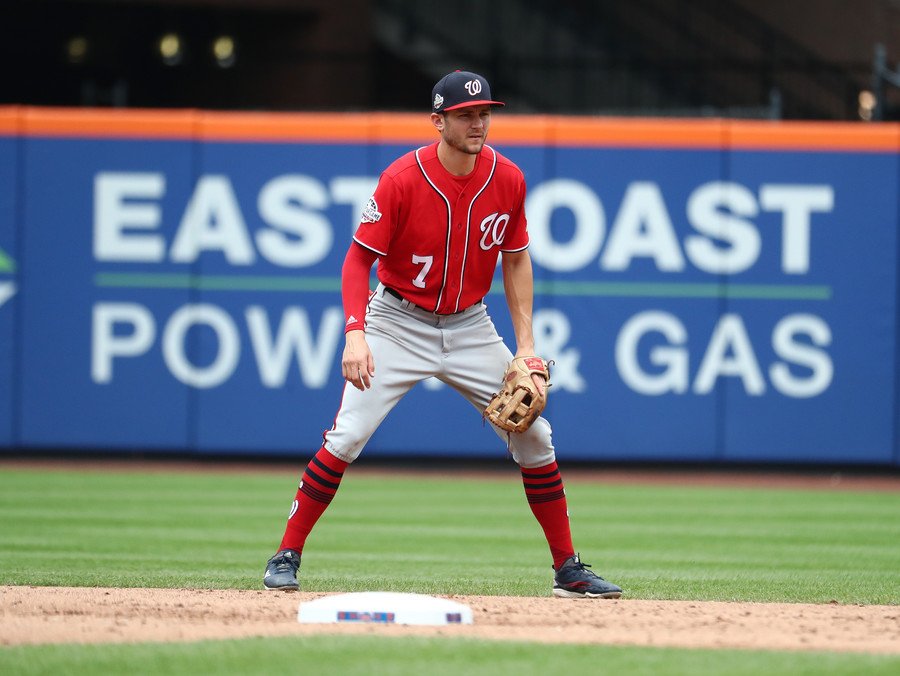
The cases mirrored that of Milwaukee Brewers pitcher Josh Hader, 24, who was engulfed by scandal as he played in the All-Star game on July 17.
He came off the field to be met with the news that tweets he had sent as a 17-year-old in 2011 and 2012 had begun to circulate on social media. The posts included messages such as “white power lol,”“KKK,” and “I hate gay people.”
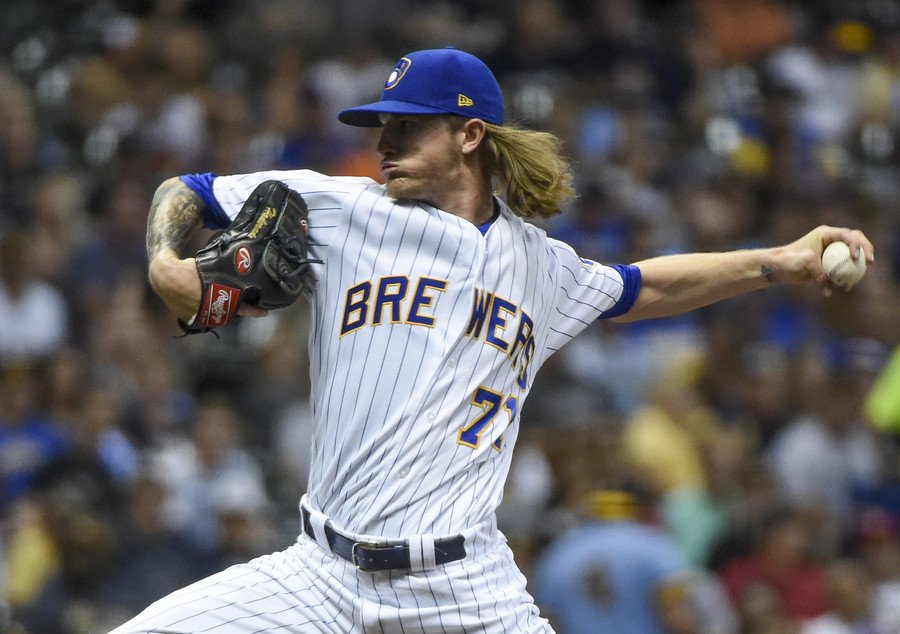
As with Turner and Newcomb, he apologized for his actions. All three were taken to task by their respective clubs, who promised to work with them to ensure the players took responsibility for their actions.
Hader was also ordered by the league to undergo sensitivity training and will join initiatives focused on diversity and inclusion – which appears the likely punishment for Turner and Newcomb.
For some, that means “case closed” and a line drawn under the issue.
The argument goes that the players were younger, immature, and not aware of the seriousness of their actions – particularly in less ‘politically correct’ times than the ones we now live in.
They are clearly remorseful for the nature of their posts, and in some cases have been offered support from their own teammates.
Why should they suffer potential loss of earnings from bans and fines for something committed so long ago, especially as they are now surely no-go zones for many potential sponsors?
Indeed, some online have even hit out at those digging up the dirt from such a long time ago to sling at the players now.
Obviously Sean Newcomb’s tweets were bad, immature, and stupid. But, if you are one of those people who searches an athlete’s name and bad words on Twitter hoping to dig something up from 7 years ago and tarnish them than you are literally the BIGGEST TYPE OF LOSER ON THE PLANET
— Mike Flanagan (@fLAno0) July 29, 2018
A contrite Hader was even afforded a standing ovation by Brewers fans on his first home game back – certainly not to suggest that fans condone his actions, but rather that they support his remorse and are willing to give him a chance.
Josh Hader has been very remorseful. He has acknowledged mistakes, accepted responsibility, accepted punishment, & seems deserving of forgiveness. EVERY teammate has defended his character. The ovation was about encouraging him to grow. NOT about condoning racism and homophobia
— BrewersWin (@BrewersWin) July 22, 2018
Still, that reception – and the punishments the players face, or rather lack of – clearly do not sit well with many others.
The trio all claim to be very different people from the ones who made the posts – but they were hardly too young to know the connotations of the terms they were using, and no doubt had clearly formed world views by that point.
Josh Hader and Sean Newcomb are not *victims* for having their old racist and homophobic tweets exposed. They made those statements. And not when they were 10 or 11 years old; they were 18 or 19. Old enough to know better. Shows how entrenched racism, sexism and homophobia are.
— Michael Kasdan (@michaelkasdan) July 29, 2018
Others have suggested that if they were posting such vile content in a public forum, it’s easy to imagine worse being slung about between friends or in a locker room environment.
Then there is the anthem protest debate engulfing another sport beloved by Americans – football.
National Football League players have been warned about sanctions should they protest perceived racial injustice, while the nation’s president, no less, has called for any players protesting to be sacked and banned.
The NFL National Anthem Debate is alive and well again - can’t believe it! Isn’t it in contract that players must stand at attention, hand on heart? The $40,000,000 Commissioner must now make a stand. First time kneeling, out for game. Second time kneeling, out for season/no pay!
— Donald J. Trump (@realDonaldTrump) July 20, 2018
The apparent leniency afforded white baseball stars over racist and homophobia abuse in comparison with the threats meted out to sportsmen in the NFL protesting injustice has not gone unnoticed.
Its funny how some people defend athletes tweeting racist and homophobic things (Sean Newcomb, Josh Hader) but an athlete takes a knee to protest police brutality and suddenly it’s the end of the world.
— Sean Weller (@weller_sean) July 30, 2018
Josh Hader is back after old tweets surfaced where he used racial slurs, said he hated gay people, & tweeted “white power”What warrants a standing ovation?Also: why is this reaction so different than the reaction to those who kneel & did nothing wrong? pic.twitter.com/2x8zoSGl82
— Taylor Rooks (@TaylorRooks) July 22, 2018
The issue is not, of course, unique to sport – as the recent scandal surrounding ‘Guardians of the Galaxy’ writer and director James Gunn shows.
The US is also not the first country to have to deal with it. Similar cases have been seen in England, and comparable discussions have raged over what the appropriate punishment should be.
But the debate is playing out most prominently – and sensitively – in the US, and is touching something as intrinsic to the nation as baseball.
It is a sport that has often been seen as lagging behind the NFL and NBA in terms of diversity and inclusivity, but it is one that will now have to lead the way in grappling with the questions of wrongdoing, contrition and justice – to which there will be no easy answers.



